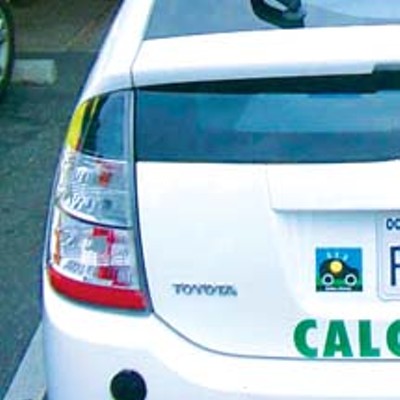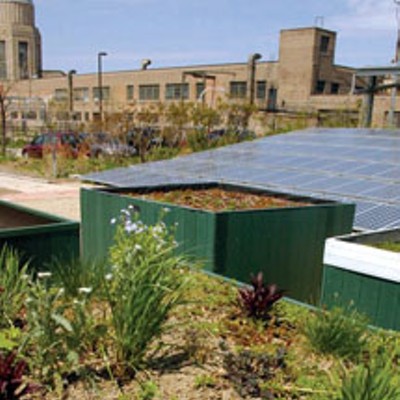Dear Earth Talk: Which are better for the environment, disposable or cloth diapers?
-- Barbara Fritts, White Lake, Mich.
The "disposable versus cloth" debate has raged among environmentalists for years. Non-degradable disposable diapers can sit for decades, even centuries, in landfills and require thousands of tons of plastic and hundreds of thousands of trees to manufacture. However, the water and chemicals used to clean cloth diapers, and the fossil fuels diaper services consume to transport them, suggest that their relative environmental impact could be a wash.
However, modern advances in water- and energy-efficiency in washing machines and dryers have reduced the environmental impact of diaper laundering. Concerned parents should also consider the issue of sewage. The urine and feces in disposable diapers enter landfills untreated, possibly contaminating the ground water supply. Whether cloth diaper waste is flushed down the toilet or removed in the washing machine, that dirty water will enter a sewer system and, most likely, a wastewater treatment plant.
Also, John Shiffert, executive director of the National Association of Diaper Services (NADS), points out that the chlorine byproduct dioxin, a carcinogen, has been found in trace amounts in disposables.
Those concerned about the environment who want the convenience of disposables can try Nature Boy and Girl, which makes a competitively priced, cornstarch-based diaper that can be composted. Using flushable cloth diaper liners, made by Tiny Tush and other companies, means only the thinnest -- and messiest -- part gets thrown away. Parents who want to use cloth diapers can hire a cleaning service to do the dirty work. Their numbers have rebounded in recent years. Check the yellow pages, or contact NADS to locate a service in your area.
For more information: National Association of Diaper Services (NADS), 610-971-4850, www.diapernet.com; Nature Boy and Girl, 425-771-1339, www.natureboyandgirl.com; Tiny Tush, 608-356-2500, www.tinytush.com





















